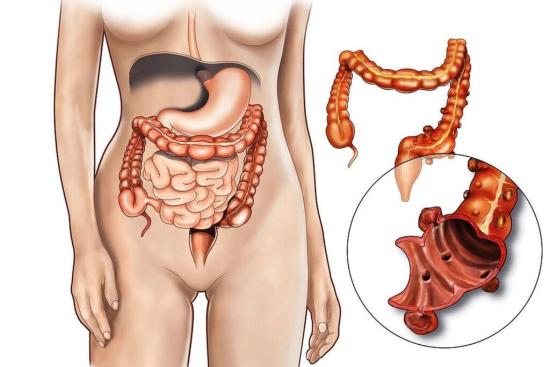Do you have digestive problems such as abdominal pain or chronic constipation? You may have colonic diverticulosis, a common condition characterized by the formation of small pouches (diverticula) in the wall of the colon.
Fortunately, colonic diverticulosis can be effectively treated. At our clinics in Turkey, we offer personalized treatment options to relieve your symptoms and prevent serious complications.
Price of diverticulosis treatment in Turkey
In Turkey, through Turquie Santé, non-surgical options (consultations, nutritional guidance, and medical management without surgery) for diverticulosis are generally very affordable. Surgical interventions for diverticulitis or complications (such as partial colectomy or colon resection) typically range from approximately $2,725 to $6,540, depending on the technique and complexity of the procedure. These prices usually include medical coordination, hospitalization, the procedure itself, and assistance.
For an exact price tailored to your case, contact us for a free remote consultation.








